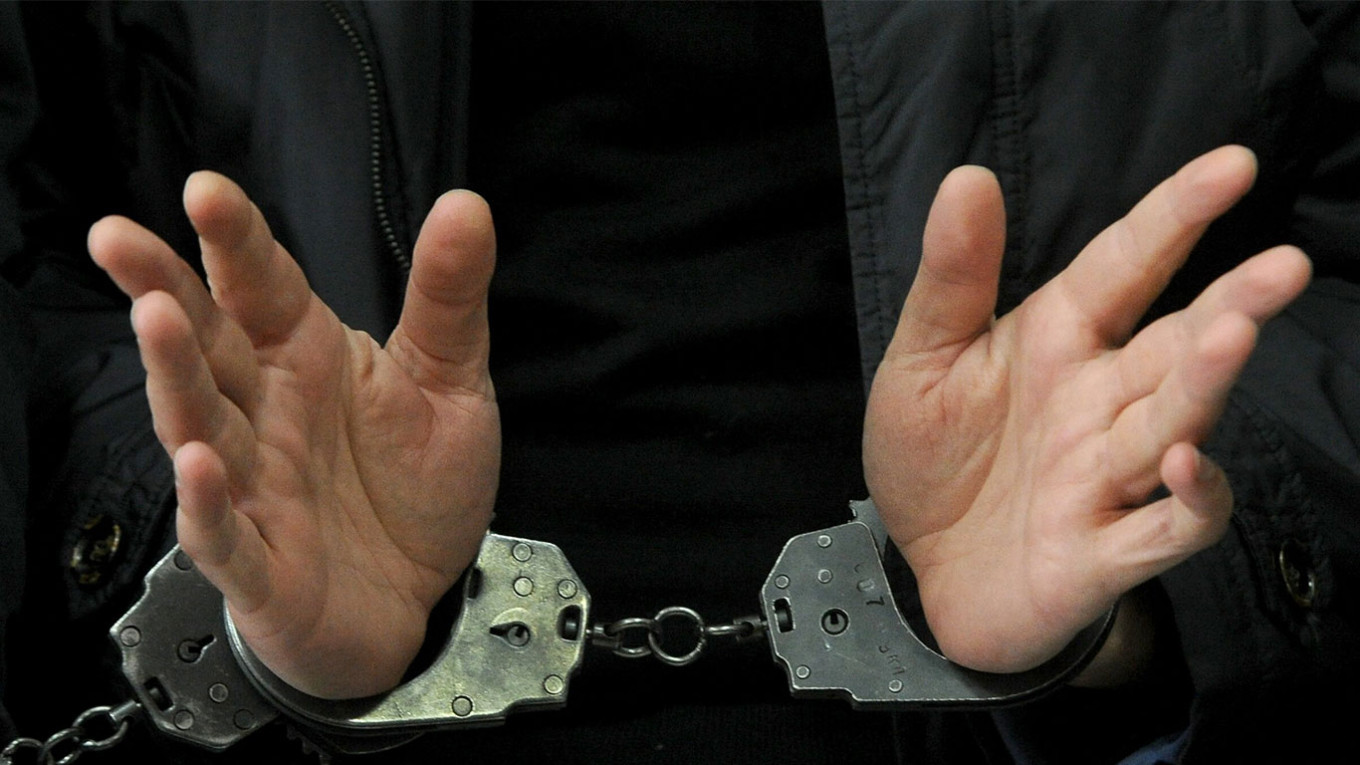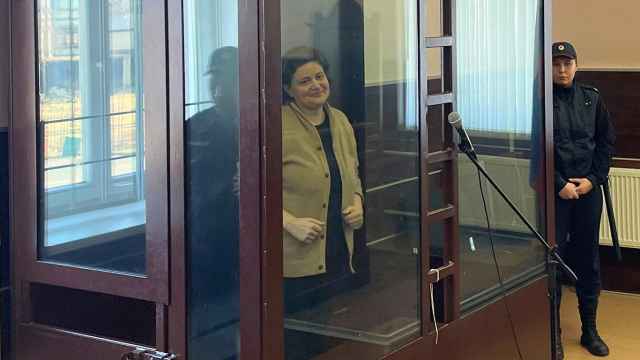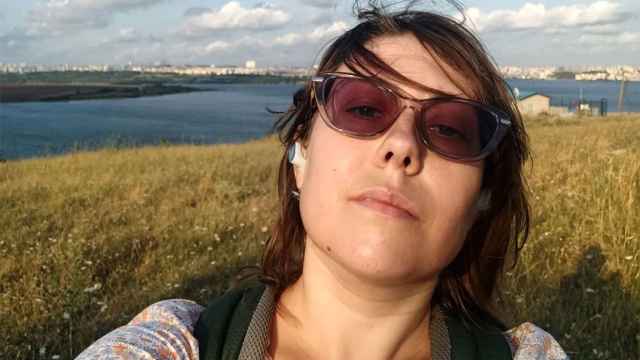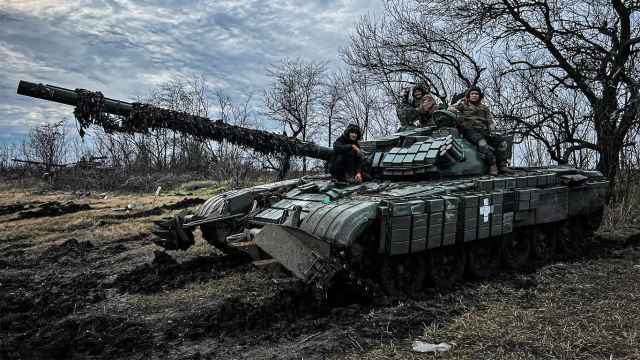Russian authorities have prosecuted more than 116,000 activists during President Vladimir Putin’s latest term in office, the investigative news outlet Proekt reported, surpassing levels of political repression seen during the rule of Soviet leaders Nikita Khrushchev and Leonid Brezhnev.
Between 2018 and 2023, Russian courts fined 105,000 people for making public statements or attending protests.
Another 11,400 have faced charges under Russia’s wartime censorship laws, as well as for extremism and terrorism, treason, espionage and refusing to fight for Ukraine.
According to Proekt, these figures are the highest in Russia since dictator Joseph Stalin was in power, when people were tried for the crimes of “anti-Soviet agitation and propaganda” and the “dissemination of knowingly false fabrications that defame the Soviet state and social system.”
Between 1956 and 1961, 4,883 Soviet citizens were convicted of those two crimes, Proekt notes.
“The modern Russian government is actively using similar methods... as in the Soviet Union, dissenters are dismissed from universities and work, forced out of the country, and those who don’t want to leave are forced to publicly apologize and swear allegiance to the authorities,” the outlet said.
“However, it’s impossible to calculate how many people have gone through this type of repression in practice.”
Among non-activists, Proekt said 600,000 people were fined for disobeying police orders during Putin’s latest term and 159,000 fined for violating Covid restrictions during and after the pandemic.
Putin, 71, is expected to easily win a fifth term in office during the March 15-17 presidential elections with much of the opposition either jailed or in exile.
A Message from The Moscow Times:
Dear readers,
We are facing unprecedented challenges. Russia's Prosecutor General's Office has designated The Moscow Times as an "undesirable" organization, criminalizing our work and putting our staff at risk of prosecution. This follows our earlier unjust labeling as a "foreign agent."
These actions are direct attempts to silence independent journalism in Russia. The authorities claim our work "discredits the decisions of the Russian leadership." We see things differently: we strive to provide accurate, unbiased reporting on Russia.
We, the journalists of The Moscow Times, refuse to be silenced. But to continue our work, we need your help.
Your support, no matter how small, makes a world of difference. If you can, please support us monthly starting from just $2. It's quick to set up, and every contribution makes a significant impact.
By supporting The Moscow Times, you're defending open, independent journalism in the face of repression. Thank you for standing with us.
Remind me later.






